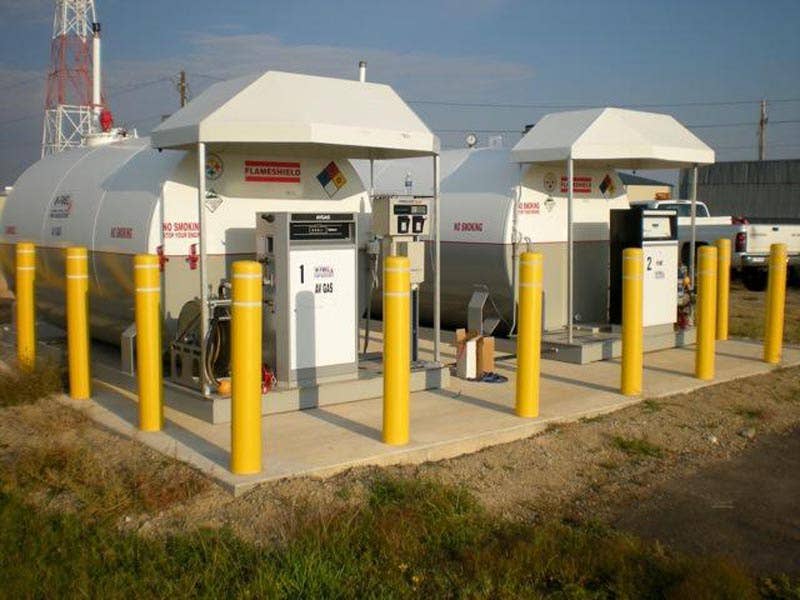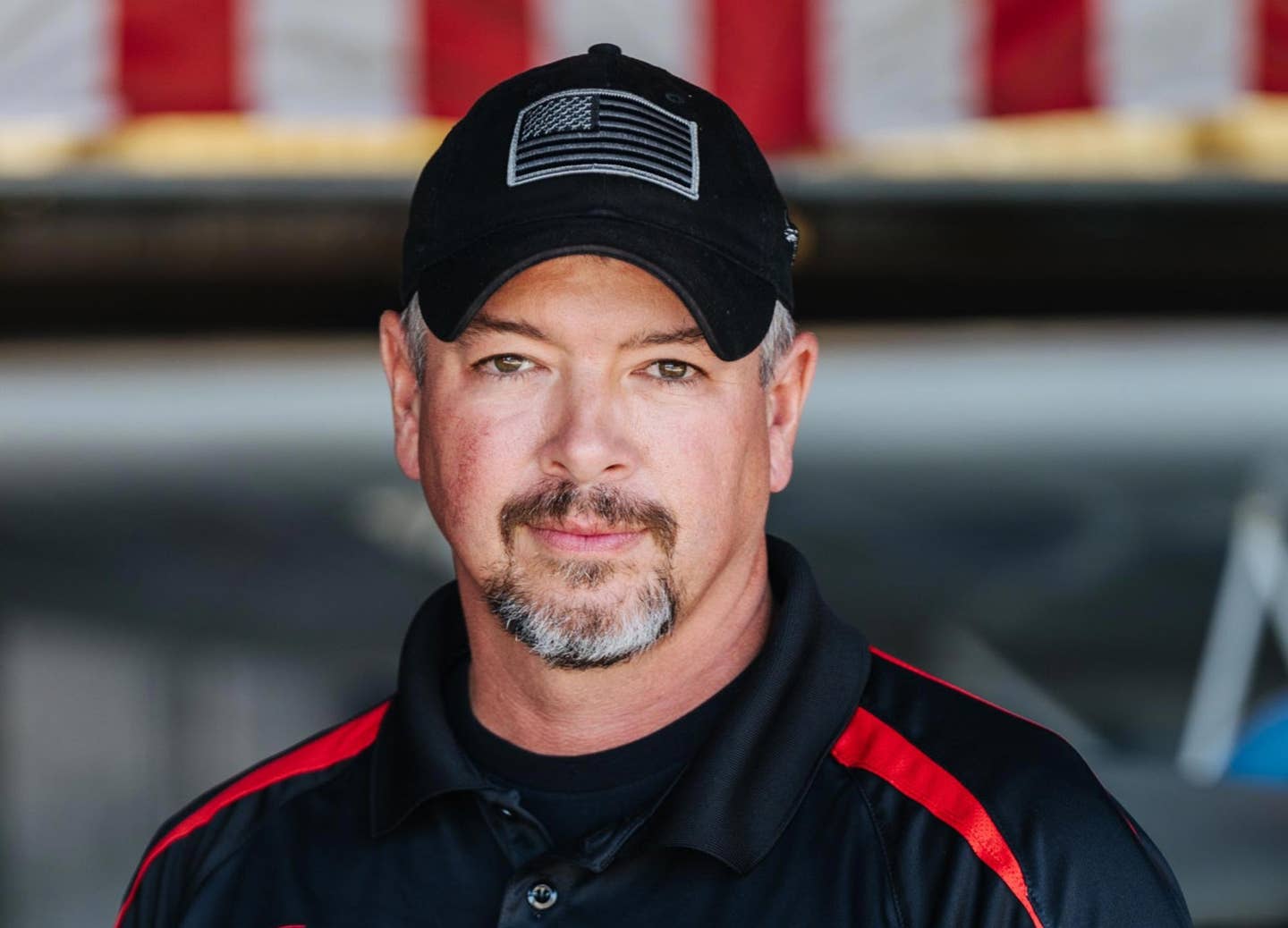FAA: No Discernible Progress On Approving G100UL Avgas
Despite promising to issue a full STC for G100UL avgas in May, the FAA still hasn’t announced expanded approval for the fuel and the agency has declined to answer AVweb’s…

Despite promising to issue a full STC for G100UL avgas in May, the FAA still hasn’t announced expanded approval for the fuel and the agency has declined to answer AVweb’s queries on when the approval process will be completed. General Aviation Modifications Inc. completed test work on G100UL and submitted the STC test package earlier this year. Recall that a limited number of engines were approved for G100UL last summer during AirVenture. The test package submitted in February would expand the number of engines under an Approved Model List to virtually all the powerplants in the GA fleet.
After the expanded STC application was submitted, the FAA ordered a Technical Advisory Board review of the certification work done by the Wichita Aircraft Certification Office. The TAB report wasn’t released by the FAA, but GAMI’s George Braly told us it appears not to call for additional testing but asks GAMI to provide so-called issue papers to explain detonation testing protocol, engine endurance testing, materials compatibility, hot weather operations and use of an independent fuel specification not recognized by ASTM. Braly said with the exception of an independent fuel specification, all of these areas were addressed in depth during the STC program under FAA-approved testing methods.
Although the 100LL avgas is refined to meet the industry standard ASTM D910, the FAA’s own guidance says an independent specification for fuels and oils is specifically allowed, Braly said. Further, language in the 2018 FAA Reauthorization Bill clearly allows fuels to be approved under STC.
Braly said the TAB also recommended that the GAMI project incorporate “lessons learned” in the FAA’s aborted Piston Aviation Fuels Initiative, which terminated in 2018 after concluding that the two fuels it had examined—one from Swift Fuels and one from Shell—weren’t suitable as drop-in replacements for 100LL. Shell has since stopped public work on a replacement fuel and Swift exited PAFI. PAFI’s findings, although supported with government funds, were not made public and thus weren’t available to GAMI during its fuel trials.
GAMI began work on G100UL in 2009 and was almost five years into the project when the FAA announced PAFI in 2014. The agency invited GAMI to join the PAFI program but the company declined because the program didn’t allow changes to fuel blends to meet test requirements during the program and because the FAA refused to credit GAMI for test work it had done in the four years prior to PAFI’s establishment.
When we asked the FAA about the TAB’s recommendation for issue papers on FAA-approved testing already done, the FAA declined to provide any details. “We do not comment on ongoing certification projects. The FAA has approved unleaded fuel for use in some aircraft. The agency continues to work with the general aviation industry and fuel suppliers to develop and test additional unleaded fuel options,” an FAA spokesperson said.






